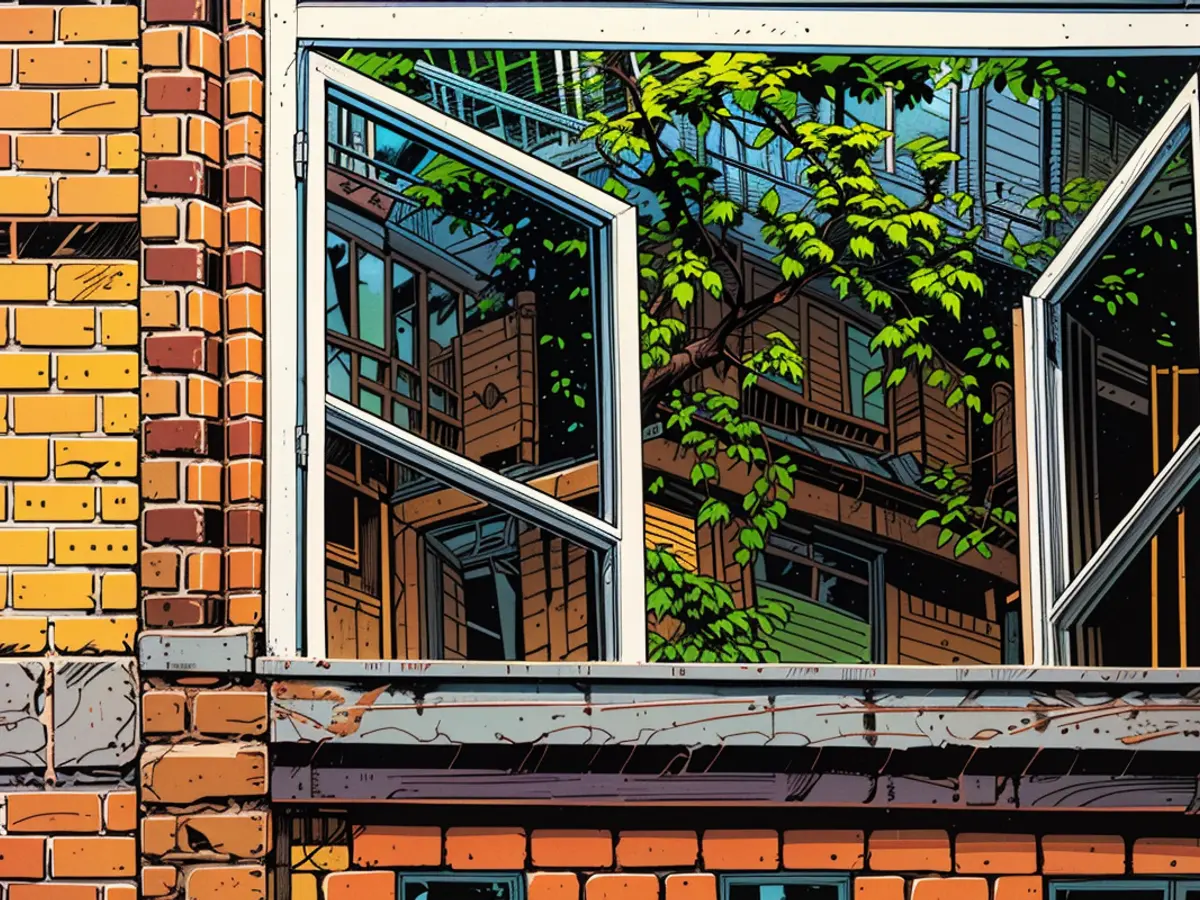Learning and Knowledge Acquisition - High migration rates observed at two schools in the nation
In two schools located in Rhineland-Palatinate, over 90% of the students come from migrant backgrounds. These schools are the Erich Kästner Primary School and the Graefenau Primary School, both situated in Ludwigshafen. Education Minister Stefanie Hubig (SPD) shared this information with the AfD faction in Mainz after a parliamentary inquiry.
The Graefenau School is well-known for its regional impact as it attracted attention due to 39 out of 126 first-graders having to repeat the school year last year. Unfortunately, many first-graders with migrant backgrounds did not meet their learning goals this year either. The school administration estimates that 44 out of 147 children would benefit from repeating a class.
This particular primary school, situated in an area with a high concentration of migrant families, is often labelled as a "hotspot" or "problematic area." Many students here have limited proficiency in German or hail from educationally disadvantaged families. Some of the affected children spent minimal or no time in a German kindergarten.
In the current school year, there are 89 primary schools across Rhineland-Palatinate where more than half of the students have a migrant background, which is a whopping 9% increase from the total number of schools. At secondary schools plus, the figure stands at 26 (15.5%), and at combined primary and secondary schools plus one school.
One high school in Rhineland-Palatinate has a migrant population between 50-75%, two integrated comprehensive schools have this profile, and 11 special needs schools fall into this category. Additionally, one vocational school caters to such a demographic.
The Conference of Ministers of Culture's criteria for defining a student with a migrant background include those who do not have German citizenship, were born outside of Germany, or speak German neither with their family nor in their immediate surroundings.
Read also:
Children from migrant backgrounds make up the majority of students at two schools in Ludwigshafen, specifically the Erich Kästner Primary School and the Graefenau Primary School. Stefanie Hubig, the Education Minister from Rhineland-Palatinate's SPD, disclosed this information to the AfD faction in Mainz after a parliamentary inquiry. The Graefenau School, known to have a high concentration of migrant families, had 39 out of 126 first-graders repeating the school year last year, with an estimated 44 out of 147 children potentially benefiting from repeating a class due to not meeting their learning goals. This schools' situation and the challenges faced by its students have led to it being labeled as a "hotspot" or "problematic area." In Rhineland-Palatinate, over 9% of the primary schools have more than half of their students coming from migrant backgrounds, which is a significant increase from previous years.








